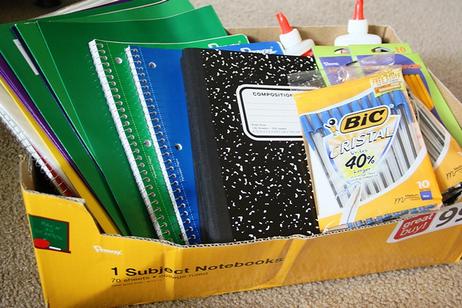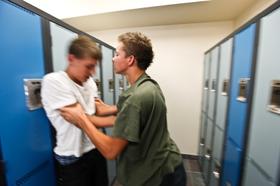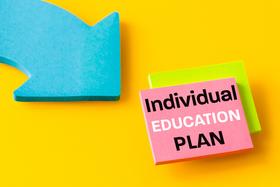It has been more than a decade since the first large-scale one-to-one technology initiative was launched in Maine. That program, which put laptops in the hands of every public school student in the state, represented a major shift in the manner in which students learn. Recognizing the growing value of technology, particularly the Internet as an educational tool, the program opened doors for students to learn that otherwise would not have been available. For the first time, students could easily expand their learning time beyond the boundaries of their classroom and regular school day.
Yet, as children learned to utilize technology for educational purposes, the non-educational aspects of technology began to become more prominent. Gone are the days when a laptop was used to type a report or to access an online encyclopedia for research. Now, children have thousands of online distractions from YouTube videos to games to apps that allow them to chat, text, and share pictures with their friends.
This video explains what happens when you allow your child unlimited screen time.
All this makes it more difficult for parents to manage what their children utilize their technology to do. However, there are steps parents can take to ensure their child utilizes technology for learning first and fun second.
Set Rules and Stick to Them
Establishing rules can go a long way in helping your child define the boundaries of their use of

































